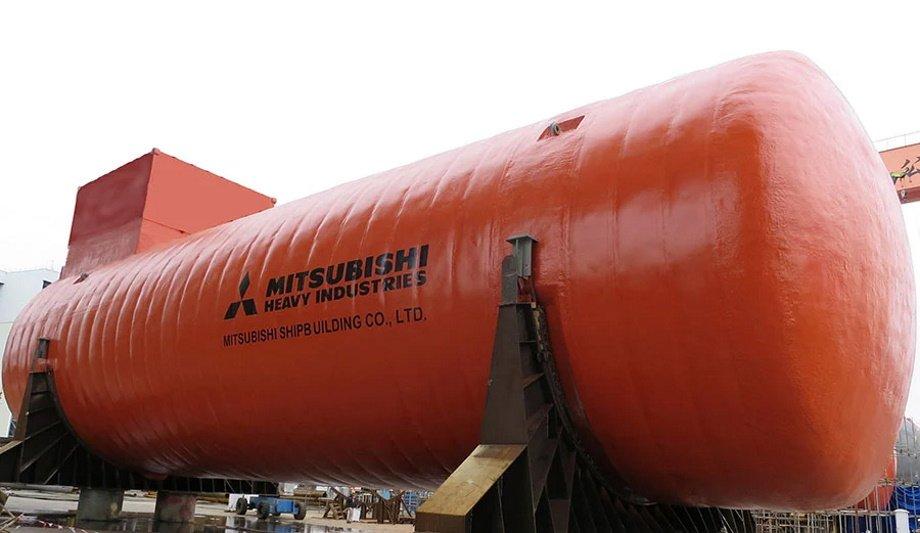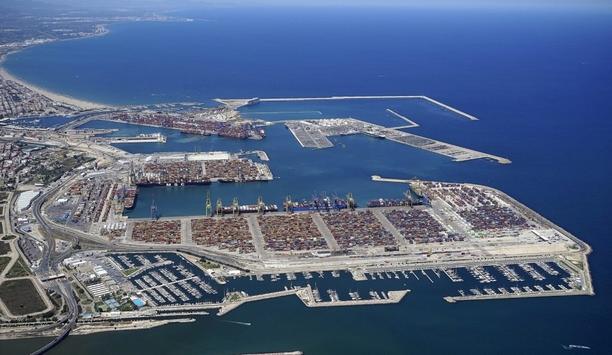Mitsubishi Shipbuilding Co., Ltd., a Mitsubishi Heavy Industries (MHI) Group company based in Yokohama, has received orders from Imabari Shipbuilding Co., Ltd. for 12 units of its Fuel Gas Supply System (FGSS), a liquefied natural gas (LNG) fuel gas supply system for high-pressure dual-fuel marine engines.
The equipment for 9 LNG-fuelled car carriers and 3 LNG-fuelled bulk carriers to be built by Imabari Shipbuilding Group will be continuously delivered from spring 2024.
Fuel Gas Supply System (FGSS)
The FGSS ordered by Imabari Shipbuilding feature an optimised cargo space layout
The FGSS ordered by Imabari Shipbuilding feature an optimised cargo space layout, utilising a modular design for exceptional space-saving and maintenance access, shortened construction schedule at shipyards, and a proprietary control system that can be customised according to customer needs, contributing to both excellent operability and safety.
Mitsubishi Shipbuilding previously received the first order for FGSS for LNG-fuelled car carriers from Imabari Group in 2021, and this is the first order for FGSS for LNG-fuelled bulk carriers. With those new orders, Mitsubishi Shipbuilding will supply a total 18 units (15 car carriers and 3 bulk carriers) to Imabari Shipbuilding, including 2 units already delivered.
Imabari Shipbuilding to install LNG fuel tanks
In addition, for the LNG-fuelled car carriers to be equipped with FGSS module, which were ordered this time, Imabari Shipbuilding will install LNG fuel tanks currently being manufactured at its Nishi-Tadotsu Division, where Mitsubishi Shipbuilding is also providing technical support for the manufacturing of those LNG fuel tanks.
Mitsubishi Shipbuilding, as part of MHI Group’s strategic initiatives for energy transition, will provide FGSS units to a broad range of customers involved in the construction of LNG-fuelled vessels, enhancing the added value and competitiveness of ships.
Mitsubishi Shipbuilding to further decarbonisation
Further, by helping to reduce greenhouse gas (GHG) emissions through the widespread adoption of LNG-fuelled vessels, Mitsubishi Shipbuilding, as a maritime system integrator, aims to further the decarbonisation of the marine industry, support the realisation of a carbon neutral world, and reduce environmental impacts on a global scale.










